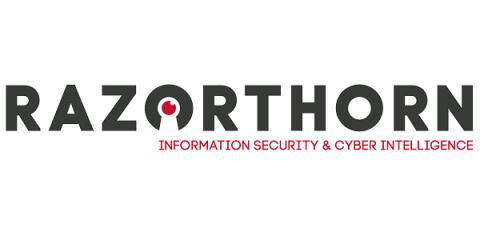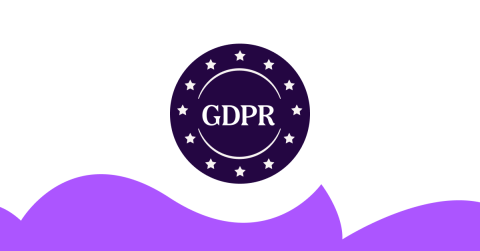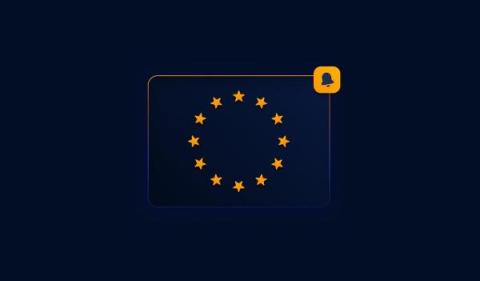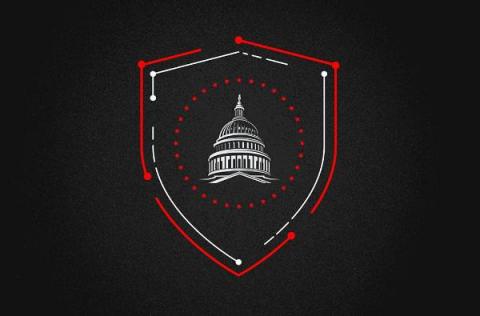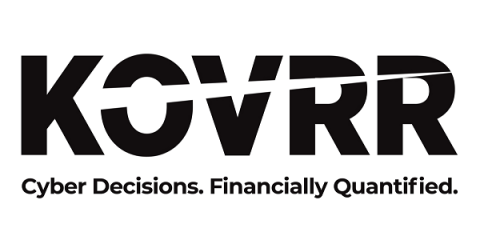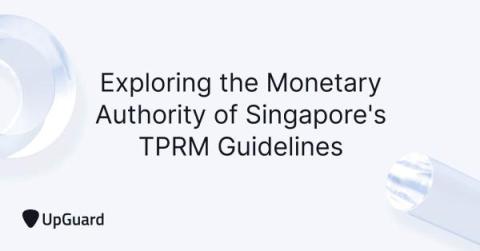DORA Legislation - One Year to Go
A big requirement that all European based organisations (or organisations that want to deal with the EU) must be aware of is the new DORA legislation coming in to effect in January 2025, and with just a year to implement your strategies, it’s worthwhile reviewing how you measure up now so that you have the time to ensure you comply before the deadline.


